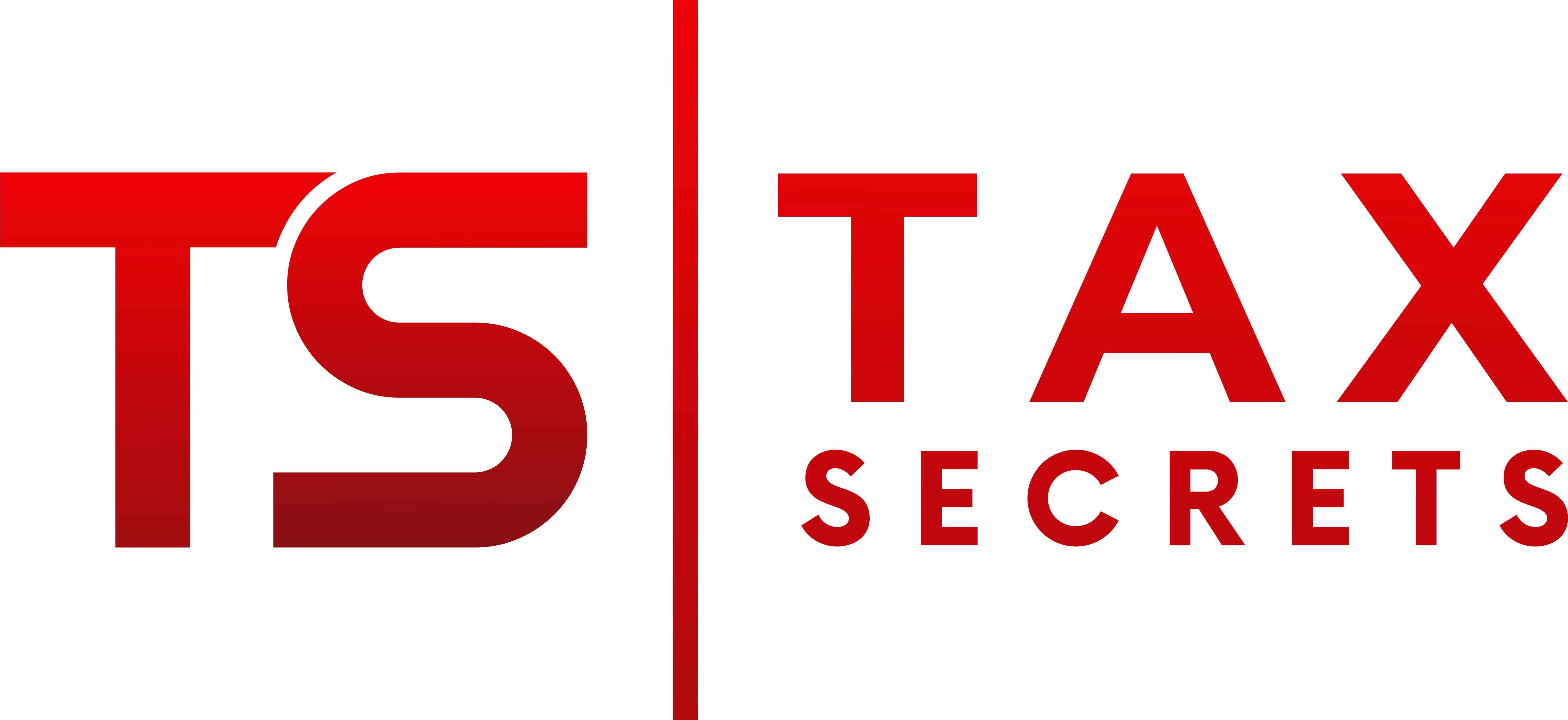If You Have a Side Hustle, Be Advised: The IRS is Cracking Down
Article Highlights:
- Form 1099-K
- Reporting Threshold
- Marketplaces
- Payment Processors (credit and debit cards)
- Online Service Providers
- Airbnb and VRBO
- Delivery and Other Personal Services
- Business Expenses
- Record Keeping
For several years now, the IRS has required payments made to merchants through various marketplaces, payment processors (credit & debit cards), and third-party settlement organizations (TPSOs) to be reported on Form 1099-K. The purpose being to uncover merchants that do not report all of their income by comparing the 1099-K amounts to the amount reported on the individual’s or business’s tax return and following up with the under-reporters by correspondence or by audit.
In the past the filing threshold for 1099-Ks was when the gross amount of total reportable payment transactions during a calendar year exceeded $20,000, and the aggregate number of transactions for that payee in that year exceeded 200. Thus, entrepreneurs with a small side hustle selling merchandise on the Internet directly or through the likes of Amazon, E-Bay and others may not have received a 1099-K in the past.
That will all change beginning in January 2023 when reporting begins for 2022 transactions, since the American Rescue Plan Act of 2021 included a provision to reduce the reporting threshold to $600, effective in 2022. Also impacted by this reduced threshold will be homeowners who rent out their vacation homes through the likes of Airbnb and VRBO who generally avoided 1099-Ks in the past because of the 200-transaction threshold. Also, individuals providing services through Internet websites such as for delivery, babysitting, companionship, home cleaning, elder care and other services seldom met the $20,000 threshold and have not received 1099-Ks in the past.
The 1099-K only reports gross income, and the cost of the products sold and other business expenses can be deducted to determine a merchant’s net taxable profit. Those renting vacation homes through TPSOs can deduct depreciation, utilities, repairs, and other expenses, while those providing services can deduct certain travel and other expenses. The net profits are subject to income tax, and generally are also subject to self-employment tax, including rentals where significant personal services are performed.
Thus, keeping records of expenses becomes important. Please contact this office for further information related to your specific side hustle and what expenses will be deductible.

